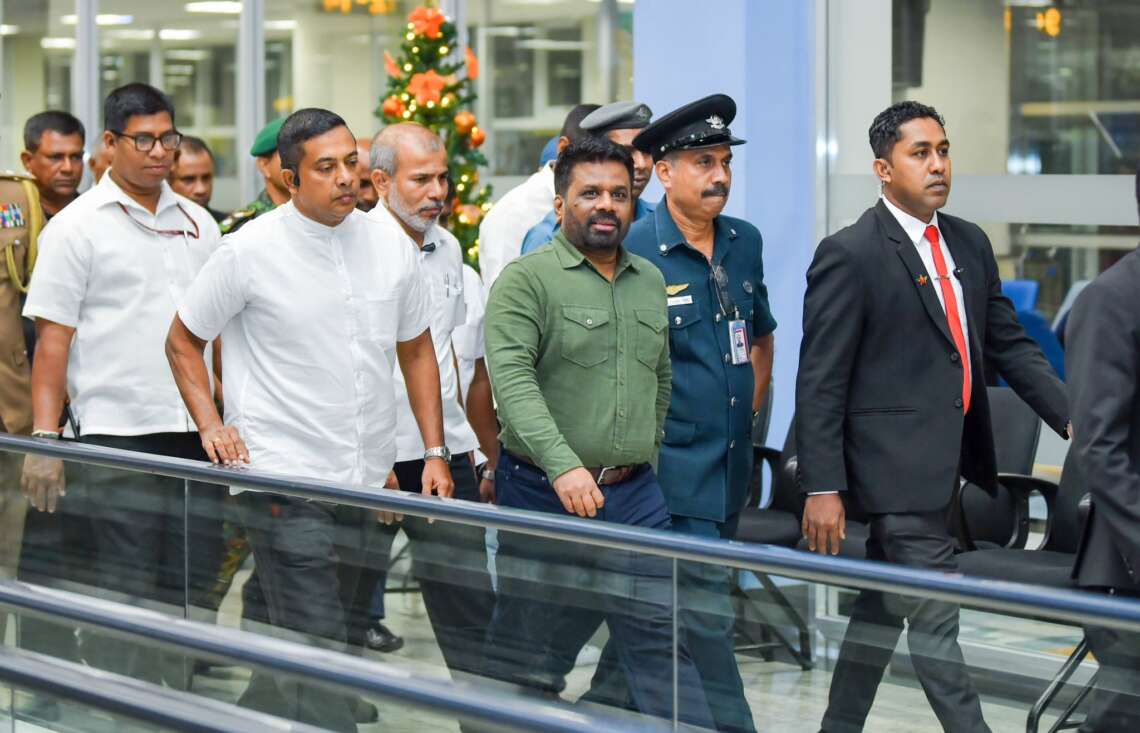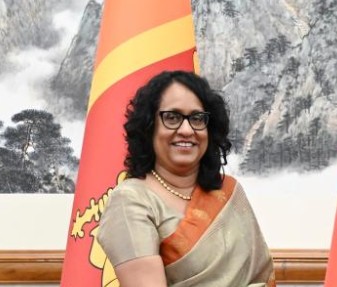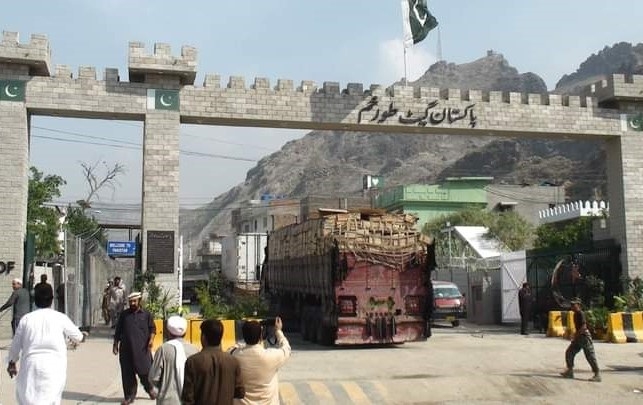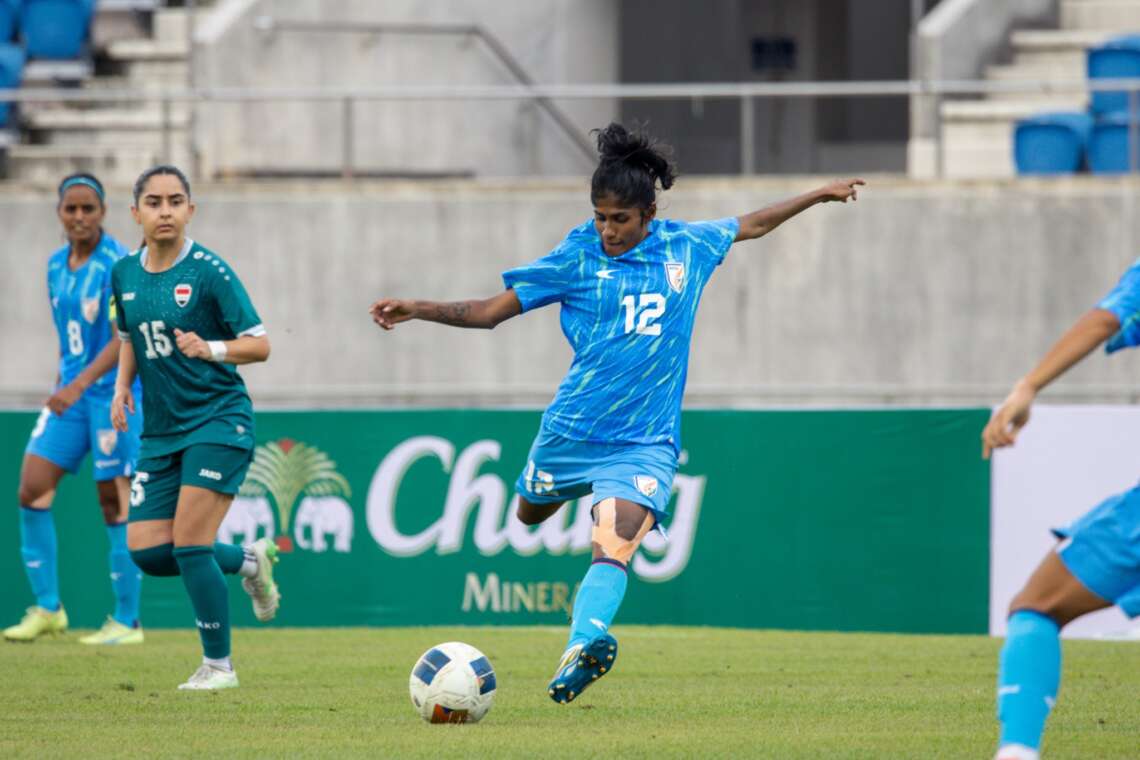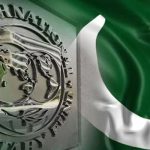IMF approves $350 million t ranche as island nation sees early signs of recovery, but challenges persist amid ongoing reforms and rising public discontent….reports Asian Lite News
The International Monetary Fund (IMF) has approved the disbursement of a fresh $350 million tranche to Sri Lanka following the successful completion of the fourth review of its four-year, $2.9 billion bailout programme. The approval comes as the crisis-hit island nation pushes ahead with a challenging reform agenda aimed at restoring macroeconomic stability and debt sustainability.
The decision, announced by the IMF Executive Board, allows Sri Lanka to draw 254 million Special Drawing Rights (SDRs), bringing total disbursements under the Extended Fund Facility (EFF) to approximately $1.74 billion.
Sri Lanka entered into the IMF agreement in March 2023 after its economy collapsed under the weight of foreign debt, depleted reserves, runaway inflation, and severe shortages of essential goods. The programme, which stretches over four years, is designed to address structural imbalances, boost fiscal discipline, and build foreign exchange reserves while protecting the most vulnerable sections of society.
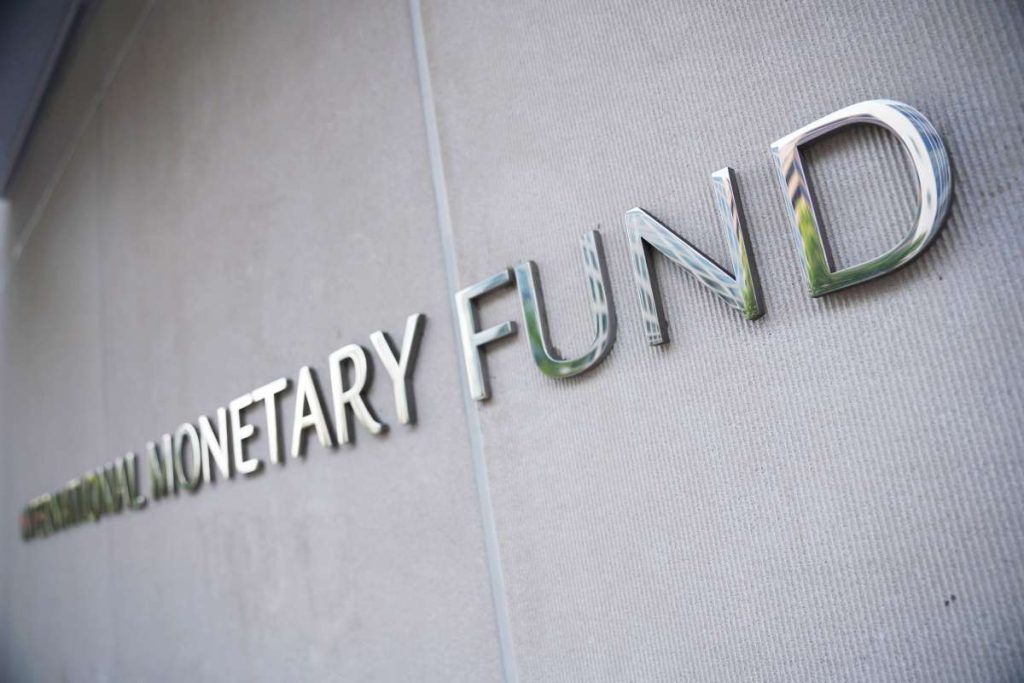
IMF endorses progress, stresses caution
In its latest review, the IMF acknowledged that Sri Lanka’s economic performance has improved significantly since the programme’s inception. GDP growth rebounded to 5 per cent in 2024, after a contraction of 2.3 per cent the previous year. Inflation, which soared to 70 per cent in mid-2022, has now dropped to deflationary levels, recorded at -2.6 per cent in March 2025.
Revenue collection has also improved, with the tax-to-GDP ratio rising to 13.5 per cent in 2024 from just 8.2 per cent in 2022. Foreign reserves have stabilised, crossing the $6.5 billion mark.
“The completion of the fourth review signals the IMF’s confidence in Sri Lanka’s reform trajectory,” said IMF Mission Chief Evan Papageorgiou. “However, risks remain elevated, and reform momentum must be preserved.”
The IMF also warned that external vulnerabilities—such as global interest rate fluctuations, oil prices, and trade headwinds—could derail progress if not carefully managed.
Political sensitivity of reforms
Sri Lanka’s compliance with IMF reforms has come at a steep political price. Public protests, frequent strikes, and rising discontent over tax hikes, subsidy cuts, and utility price increases contributed to a change in government in early 2024. The current administration, led by the National People’s Power (NPP), came to power criticising IMF prescriptions, but has ultimately continued to adhere to the programme.
A key condition flagged in the fourth review was the restoration of cost-reflective pricing for electricity. This requirement had been partially rolled back by the NPP, but IMF officials made it clear that maintaining fiscal balance necessitated reintroducing the revised tariffs.
The IMF also urged the government to widen the tax base, eliminate exemptions, and avoid populist spending ahead of the 2026 elections. “Any deviation from the agreed fiscal path would not only compromise programme outcomes but also risk reversing the hard-won gains,” said IMF Deputy Managing Director Gita Gopinath.
Debt restructuring
A major component of the IMF programme has been debt restructuring. Sri Lanka has so far finalised deals with several creditor groups. In December 2024, it secured an agreement with global bondholders that included a 30 per cent haircut on $12.5 billion in international sovereign bonds. A bilateral deal with Japan worth $2.5 billion was sealed in March 2025.
Talks with China—Sri Lanka’s largest bilateral lender—remain ongoing, while India, which provided significant support in 2022, is expected to formalise a restructuring agreement by the end of the current fiscal year.
These restructuring deals are crucial to maintaining debt sustainability, a core IMF requirement. Without them, Sri Lanka risks being locked out of future international financing.

Mixed response from civil society
While the IMF hailed Sri Lanka’s progress, civil society groups and trade unions have criticised the social impact of austerity measures. The Human Rights Commission of Sri Lanka has urged the government to ensure transparency and consultative policymaking, especially when implementing reforms affecting healthcare, education, and public transport.
“The poorest segments of our population are shouldering a disproportionate share of the burden,” said rights activist Nuwan Perera. “Economic recovery must be inclusive.”
The IMF has projected moderate growth of around 3–3.5 per cent for 2025 and 2026. To stay on course, the Sri Lankan government will need to maintain its commitment to structural reforms, accelerate public sector restructuring, and shield vulnerable populations through targeted social protection schemes.
With the fourth review now complete, attention will turn to the next phase of the programme, including the 2026 national budget, which must align with IMF targets. The Fund has urged Sri Lanka to maintain a primary surplus of 2.3 per cent of GDP and to reduce corruption risks through tighter governance.
If these steps are taken, IMF officials suggest this programme could mark the last in a long history of Sri Lanka’s reliance on external financial bailouts.


